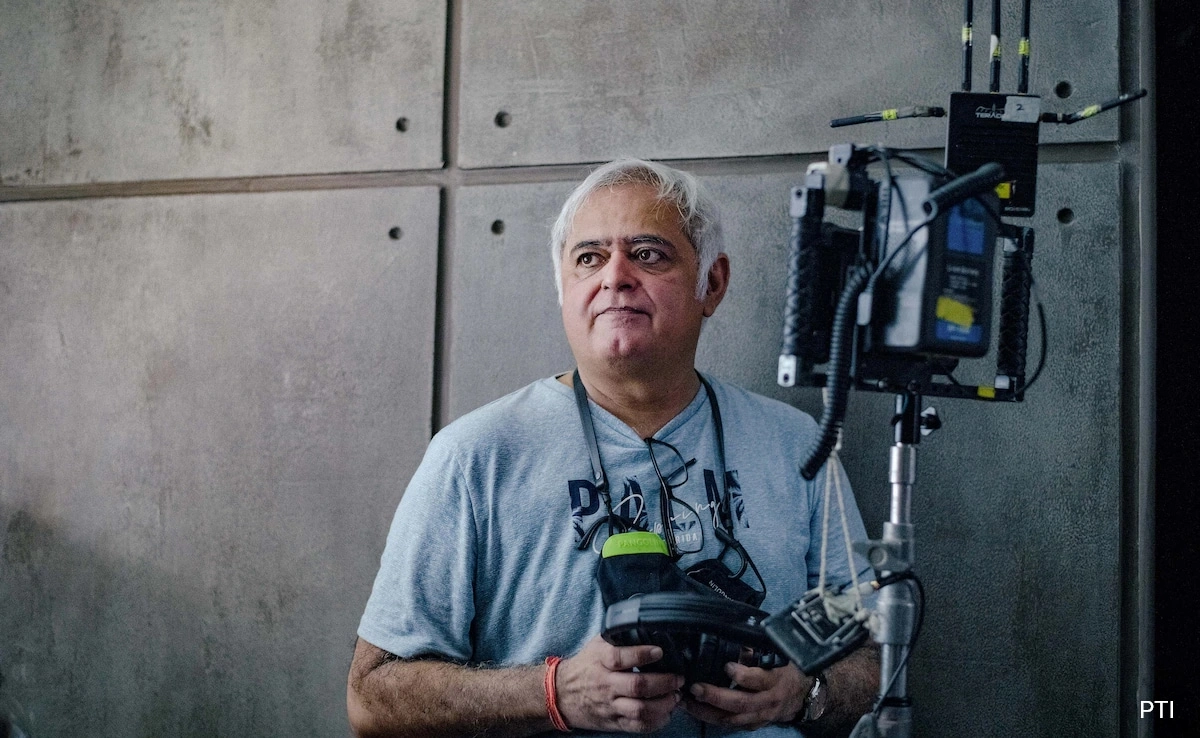In the realm of comedy and public discourse, the line between humor and offense often blurs, leading to heated debates about freedom of expression. Recently, the controversy surrounding comedian Kunal Kamra has reignited discussions about the boundaries of satire and its impact on individuals. Kamra, known for his provocative style, faced backlash for a joke that many perceived as crossing the line. This incident has prompted reflections from various quarters, including filmmakers who have experienced similar challenges in their creative journeys.
One filmmaker, drawing from personal experiences, shared their own ordeal with censorship and the repercussions of speaking out. They recounted a time when their work was met with hostility, illustrating how artistic expression can sometimes be stifled by societal norms and expectations. The filmmaker emphasized that the psychological toll of such experiences can be profound, describing a sense of vulnerability that arises when one’s creative voice is challenged. The phrase “bruised my spirit” encapsulated the emotional weight of navigating a landscape where humor is judged not just for its wit, but for its potential to provoke outrage.
The filmmaker’s reflections resonated with many who understand the fine balance that artists must maintain. While comedy has long served as a vehicle for social commentary, it also invites scrutiny and, at times, severe backlash. This duality can lead to self-censorship among artists who fear the repercussions of pushing boundaries. The filmmaker urged for a more open dialogue around humor, advocating for the understanding that comedy should be a space for exploration rather than a battleground for conflict. They argued that fostering an environment of tolerance and appreciation for differing viewpoints is crucial for the survival of creative expression.
As society grapples with these complexities, the conversation surrounding Kunal Kamra’s joke serves as a pivotal moment for introspection. It raises pertinent questions about the role of humor in challenging societal norms and the responsibilities that come with it. Ultimately, the filmmaker’s insights remind us that while laughter can be a powerful tool for change, it can also inflict wounds that require healing and understanding. As we navigate this intricate landscape, it is vital to recognize the importance of empathy and dialogue in fostering a culture that celebrates diverse expressions of thought and creativity.




